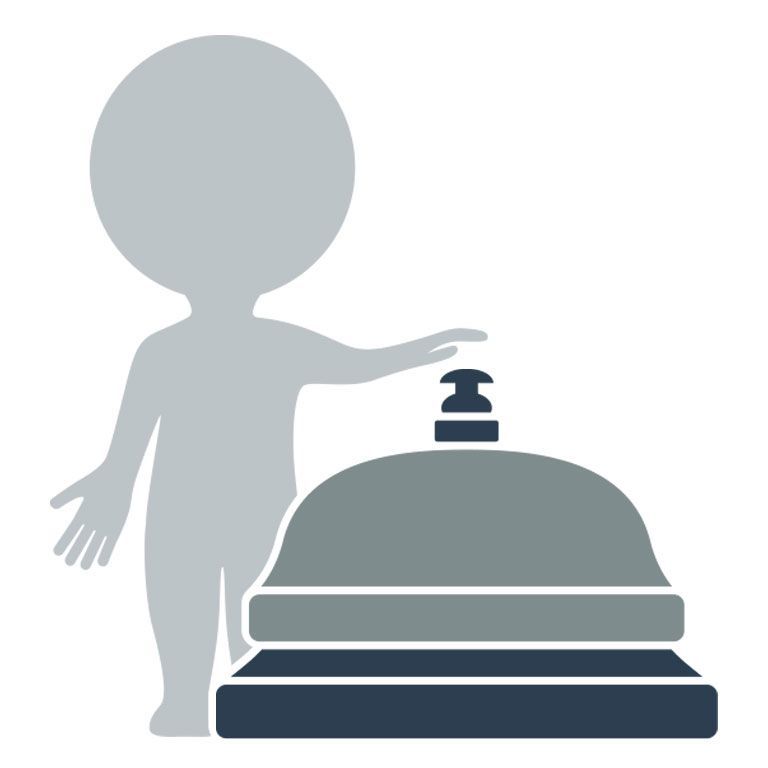Last weekend, I attended a Beethoven Festival concert here in Chicago featuring John Elliot Gardiner’s Orchestre Révolutionnaire et Romantique. In a word, the group was exquisite. But I’m not a music critic so their musicality isn’t the subject of today’s post. Instead, we’re going to examine the program notes.
 Typically, I don’t even bother reading program notes, but this one drew me in thanks to some top-notch art design. I have no idea who* designed this book, but they deserve an award for putting together such a wonderful program. I spent a solid five minutes flipping through and soaking in page layouts, the wonderful use of negative space, and overall art design. Indeed, this is a coffee table worthy production.
Typically, I don’t even bother reading program notes, but this one drew me in thanks to some top-notch art design. I have no idea who* designed this book, but they deserve an award for putting together such a wonderful program. I spent a solid five minutes flipping through and soaking in page layouts, the wonderful use of negative space, and overall art design. Indeed, this is a coffee table worthy production.
And then I started reading the copy.
Oh my.
These notes are a perfect example why we continue to be our own worst enemy. Case in point, here’s a passage from the Beethoven Symphony No. 3 notes:
The Finale begins with Haydnesque humor, but uses it as a springboard for another daring experiment. This set of variations (frequently criticized in the past for providing a “weak” ending for such a huge work) confronts us in the sharpest possible way with the coexistence of Beethoven the visionary symphonist and Beethoven the uninhibited prankster. In a droll reversal of normal variation procedures, Beethoven begins with three fragmented, seemingly trivial variations before introducing the full-blown theme. This melody in turn launches a series of episodes that are not so much variations as self-contained worlds of energy and feeling. Beethoven’s increasing fondness of complex, dramatic fugues is allowed full play here, as is his predilection for asymmetrical rhythms. At the end, the same wild scramble of notes that opened the movement ushers in an ecstatic coda.
Let’s start with “Haydnesque humor.” I have a degree in classical music performance and found myself thinking “what the [bleep] does that even mean?” At best, it’s subjective snobbery but far more importantly, how do you think that will make a new or infrequent concertgoer feel?
Next up is “frequently criticized in the past for providing a ‘weak’ ending.” The sarcastic voice in my head quickly chimed in: Okay, you ignorant sots, you didn’t get the Haydn comment but just in case that wasn’t enough to make you self-conscious, allow me to slap you upside the head with an insider reference to historical precedent. I keep coming back to wondering how this is supposed to make the new/infrequent concertgoer feel.
I could dwell on a few bits immediately afterward, but let’s fast forward to “In a droll reversal of normal variation procedures.” My sarcastic inner monologue is in a fit: What, you don’t know how variations usually work? Then it sucks to be you. Do everyone else a favor and just chuckle-smirk when someone that looks smarter than you does. Now sit there and think about how uncultured you are. I’m embarrassed for both of us!
That’s followed up with “This melody in turn launches a series of episodes that are not so much variations.” The author means “episodes” as in the portion of a fugue with a not entirely complete subject. Just in case the newbie concertgoer wasn’t completely beaten down, that should have delivered the killing blow.
But wait, there’s more: “as is his predilection for asymmetrical rhythms.” In all fairness, the author would have opted for penchant, but that would have come across as too pretentious.
Keep in mind, this is a single paragraph excerpted from pages and pages of program notes written by the same author.
On its own, this copy is weapons grade elitism (#weaponsgradeelistism).
After all that, I’ll be the first to stand up and advocate that the copy isn’t worthless, but it isn’t paired with the right audience either.
Arts marketer Lee Gallagher is fond of saying “right person, right message, right time, right channel.” It’s every bit as applicable to program notes as sales copy.
In the end, these program notes do far more harm than we probably realize. When the CultureTrack ’17 report showed the number one barrier to engagement is people feeling like “it isn’t for someone like me,” we should actively revolt against practices that result in program notes like this. If someone with a music degree feels alienated upon reading them, imagine how the rest of our patrons will react.
* I would love to know who you are so if this article crosses your path, please reach out to say hello.


